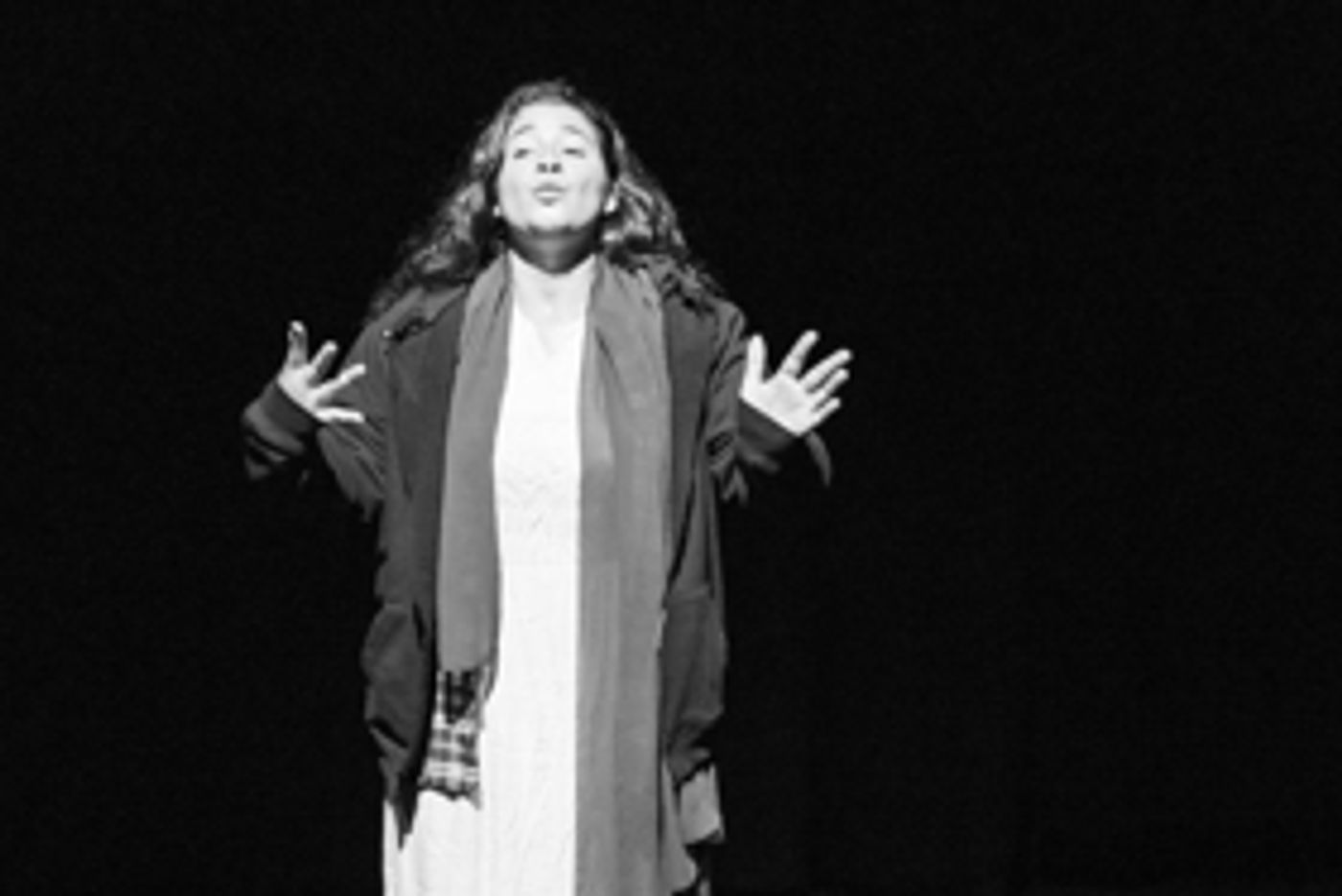Review: EMPTY ROOM, Camden People's Theatre

![]() One-person shows always have a touch of the psychoanalyst - patient session about them - the quiet space, the need to be truthful, the pain-laden narratives that emerge. That structure is more evident in Miriam Gould's Empty Room than most, and I expect that its therapeutic value is not limited to its creator.
One-person shows always have a touch of the psychoanalyst - patient session about them - the quiet space, the need to be truthful, the pain-laden narratives that emerge. That structure is more evident in Miriam Gould's Empty Room than most, and I expect that its therapeutic value is not limited to its creator.
Miriam becomes (at different stages of the show) herself aged 14, her mother Rachel Gould and her father Sal Nistico, as we learn of the entwined personal histories, the challenges so sparked and, most of all, how music has, if not quite been the food of love, then has laid the table, set out the cutlery and served the dishes at the banquet of love Miriam has enjoyed.
Not that it's been easy of course.
We first meet Miriam as a very bright but ever so anxious teenager at a school show, bubbling and gushing about her hero, Dmitri Shostakovich, whose musical intelligence and willingness to swim against the tide consumed the schoolgirl. The breathless girl is our guide to how music alone can say so much - it's both an education and an inspiration, especially when Miriam plays her violin thrillingly up close and personal.
We're then taken to a smoky jazz club where her mother, Rachel, sings some of her own songs rooted in her psychological make-up and traced back (in as much as anything and everything can be - and must be) to her own parents' experience as Holocaust survivors. We learn of the characteristics and talents Miriam inherited from her mother, one of which is a beautiful singing voice and another of which might be somewhat explicitly referenced in the song "Depression".
Soon, we meet the New York hipster, Sal, saxophonist, songwriter and heroin addict. He's glamorous, exciting and much loved - but he's as unreliable and needy as any addict. Miriam finds her love for her father without ever sanitising the man.
"Empty Room" is the only song her parents wrote together - so one can only imagine its significance for the person they also made together - and it, appropriately, opens and closes the show. In between, we learn much about one person's extraordinary life and how she has learned to roll with its punches.
For many, those experiences will resonate on an emotional level inaccessible to me. The Black Dog has never barked in my direction, but I (and others as fortunate) can still enjoy the immediacy of the storytelling, the love of the music and the richness of the singing, a richness that, perhaps, emerges uniquely when a daughter sings songs written by her mother.
Photo Nina Carrington
Reader Reviews
Videos

